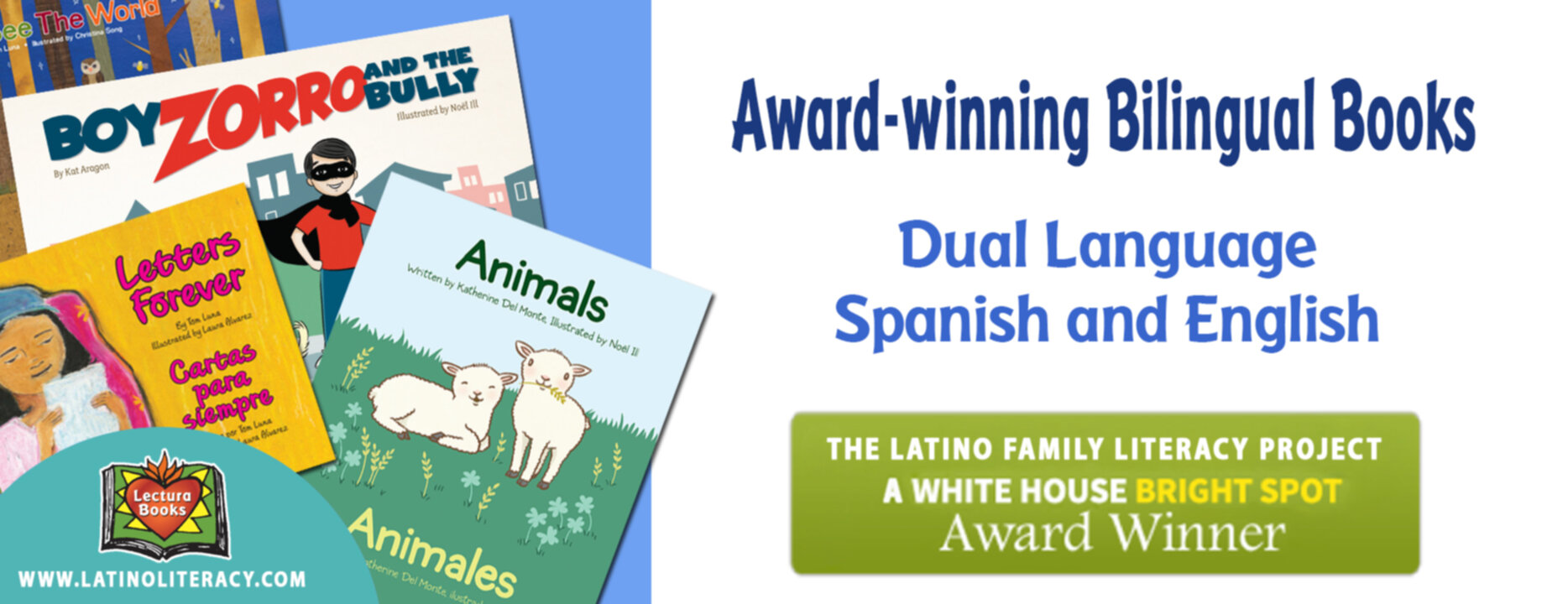We all like to tell stories. We learn how to do it from a very young age, and this ability is unlocked by hearing others do it first. It’s a skill that is best acquired through literacy. Reading inspires our imagination, transporting us to worlds old and new, far and near. It enables us to visit any time period and learn more about our own heritage and that of those around us. Stories have immense power and it’s important to tell stories to one another because they can shape who we become. Parents who read to their children are helping them to develop as adults through the stories they enjoy together. But it doesn’t always need to come from a well worn tome either. Parents can inform their children about the story of their family background or where they come from. Even stories about important people and events in history can engage a child’s mind to want to learn more about significant figures and their many accomplishments.

Vocabulary is also a crucial component of the storytelling process. Children learn new words when they read a story or hear someone else tell one. Words that lack familiarity can engage them in the learning process by spurring them to look up that word in order to better understand it. This builds their vocabulary and improves their own storytelling skills as a result.
Best of all, stories broaden one’s horizon. Valuable lessons are often learned from stories, and this can help improve and even define the character and personality of a child as they mature into teenagers and adulthood. Passing a story from one generation to another also helps to understand one’s own culture and roots. A child may have many questions about where they come from and who they are in the world. Stories can provide the answers that they are seeking. In this way, a greater purpose towards better communication can be reached, promoting not only a sense of self but a tolerance for others.
That’s the power of story.
The Latino Family Literacy Project understands the importance of stories and has developed an English literacy program. The program uses award-winning books that have multi-cultural stories. You can preview a few of the books used in the program on Lectura Books Youtube page.
Stay updated with the latest information about ELLs and follow our Facebook and Twitter pages. We post new information every day.

